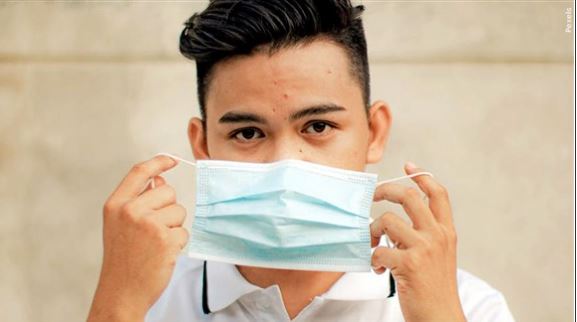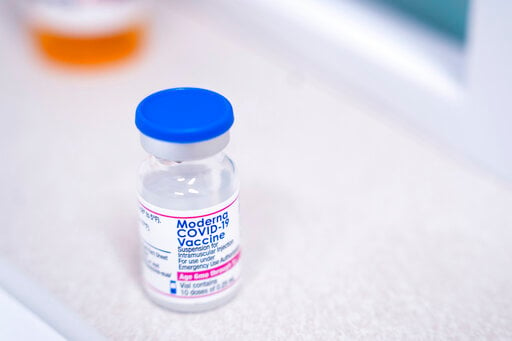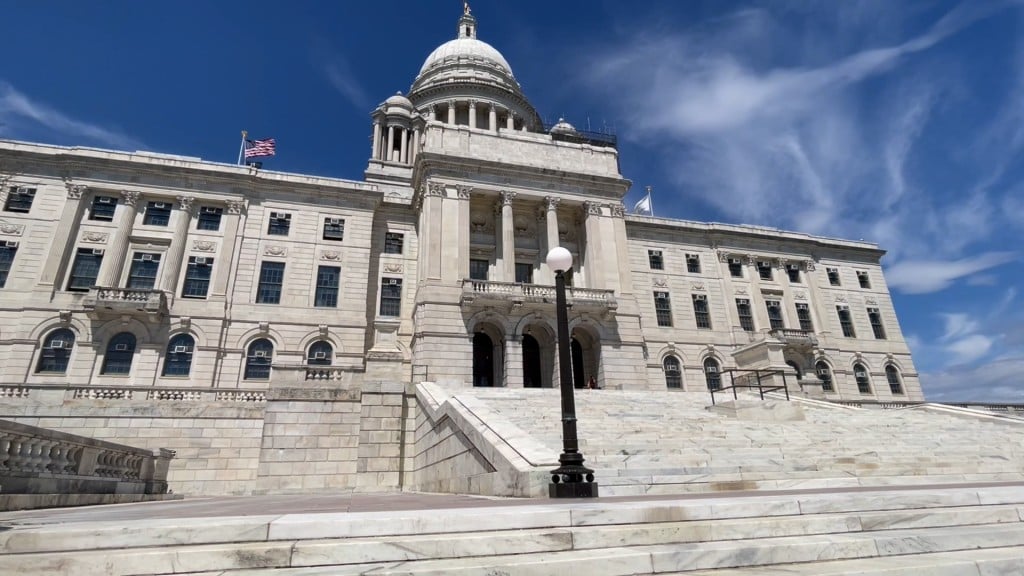Landlords offered monetary incentive to rent to homeless and housing insecure
RHODE ISLAND (WLNE)- Governor Gina Raimondo is challenging landlords across the state to pledge 100 rental units to those who are homeless or housing insecure by July 1st.
On Friday, she announced landlords who participate will receive a monetary incentive.
Landlords who sign on would receive a $2,000 bonus for the first unit they rent to a homeless individual or family with a housing voucher, and $500 for each additional unit. They would also receive up to $2,000 per unit to support move-in renovations or repairs, in addition to being assured of rental income that is not affected by fluctuations in the income of their tenants.
“Homelessness in this crises is a matter of life or death,” said Raimondo.
Rhode Island landlords who are interested in participating can call 211 — United Way of Rhode Island’s free, 24/7 information and help hotline.
United Way of Rhode Island (UWRI) is one of several local agencies that came together to issue the challenge to landlords. Others include the Department of Behavioral Healthcare, Developmental Disabilities and Hospitals, the Executive Office of Health and Human Services, the Office of Housing and Community Development, the Coalition for the Homeless, the Department of Health, Rhode Island Housing, and the Rhode Island Association of Realtors.
Cortney Nicolato, President and CEO of UWRI, said the coronavirus pandemic has “brought to the forefront the housing crisis that has impacted far too many Rhode Islanders for far too long.”
“This is an issue that affects all of us, and we are proud to partner on an effort to provide immediate housing relief to our neighbors most severely impacted right now,” Nicolato said. “We have much work to do, but this is an important first step.”
The money for the signing bonuses and upgrades comes from the Coronavirus Aid, Relief, and Economic Security (CARES) Act, from which the State is providing $500,000 out of $5 million it has devoted to housing issues. The money for the additional rental units comes from the Emergency Solutions Grants Program, administered by the federal Department of Housing and Urban Development, as well as the State’s own rental assistance program.



